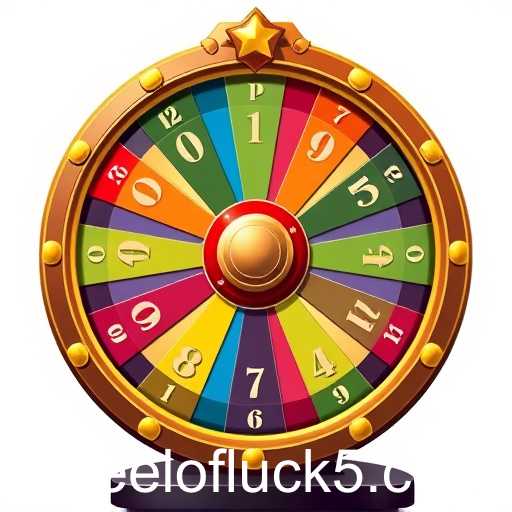In recent years, the world of online gaming has experienced extraordinary growth and transformation, reshaping how entertainment is consumed globally. This surge can be largely attributed to the increasing accessibility of the internet and the continuously growing interest in digital experiences. Among popular gaming formats, an intriguing example that stands out is 'Wheel of Luck', a captivating game available on various English game websites.
As of 2025, 'Wheel of Luck' has evolved beyond a mere pastime into a significant digital phenomenon, drawing millions of players worldwide who are eager to test their fortunes. The game's appeal lies in its simplicity, vibrant graphics, and the thrill of potentially winning big with just a spin. Online platforms have leveraged this simplicity to create engaging user experiences that are easy to navigate for users of all ages.
The dynamics of 'Wheel of Luck' illustrate a larger trend within the online gaming industry—that of blending chance with interactive entertainment. This approach taps into the human desire for excitement and the age-old allure of luck-based games. Furthermore, the integration of social features such as leaderboards and multiplayer modes has heightened user engagement, creating communities bonded over shared interests in luck-based gaming formats.
From a business perspective, the proliferation of games like 'Wheel of Luck' highlights the importance of innovation within the gaming industry. Companies are consistently tasked with developing new features and updating content to retain player interest and cater to the ever-evolving tastes of the gaming community. One of the latest trends involves incorporating elements of augmented reality to provide players with immersive, real-world experiences.
While entertainment is the predominant driver, there are also socio-economic considerations at play. Online gaming has become a hub for economic activity, with microtransactions, advertising, and sponsorship agreements injecting substantial revenue into the sector. Moreover, gaming platforms innovate by introducing subscription-based models, further expanding their monetization strategies.
In conclusion, 'Wheel of Luck' exemplifies the trending convergence of traditional gaming principles with modern digital innovation. As the digital landscape continues to evolve, the future of online gaming seems poised for even greater developments, offering new opportunities for both players and creators alike. Innovations that build on existing popular games might well shape the trajectory of digital entertainment for years to come.








